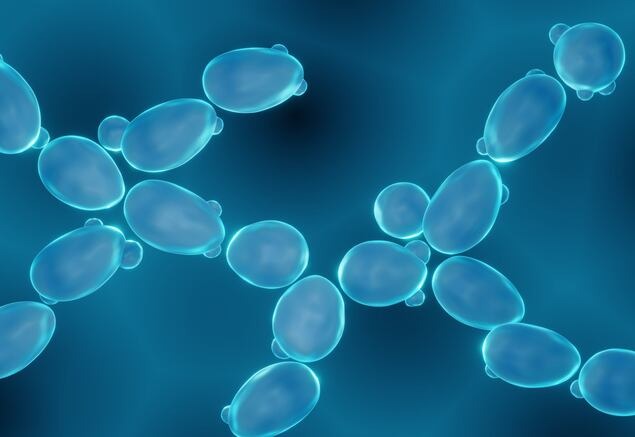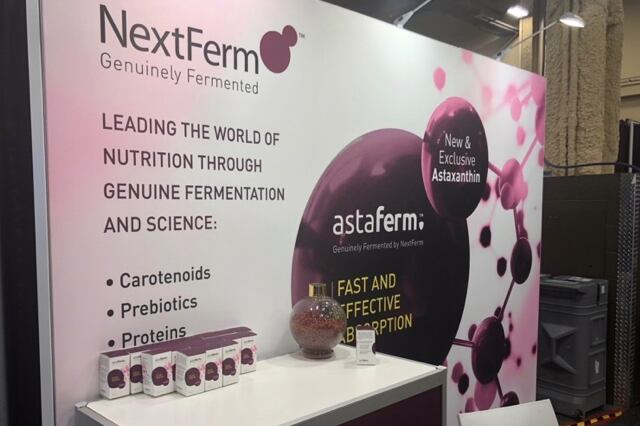The deal will see a production plant built in ‘the Balkan region,’ the company announced yesterday.
Lineup of experienced entrepreneurs
Nextferm is an outgrowth of former independent Israeli lipids specialist Enzymotec, which was acquired by Frutarom in 2017. The entrepreneurial track record of the Nextferm management suite—which includes CEO Boaz Noy who headed up Enzymotec’s food ingredients division, and Yossi Peled, chairman of NextFerm’s board, who served in a similar position with Enzymotec—attracted $9.2 million in an initial public offering on the Tel Aviv stock exchange that was concluded in late January 2021. The IPO reportedly pegged the company’s value at $31.2 million at that time.
NextFerm also reportedly raised an additional $918,000 from a set of existing investors that includes Cider Holdings, Orgad Agricultural Cooperative, Ortal, Gadot, Arancia International, and Merage venture capital.
Advantages of fermented protein
The ProteVin ingredient, which is manufactured from a proprietary strain of Saccharomyces cerevisiae, or brewers yeast, offers some advantages over competing plant-based proteins, said Elzaphan Hotam, NextFerm’s vice president of global marketing.
“Plant proteins are abundant but they come with some significant disadvantages,” Hotam told NutraIngredients-USA at the time of the ingredient’s initial unveiling.
“Flavor can be a problem. And nutritionally, they can be deficient,” he said.
ProteVin, on the other hand, offers a complete suite of amino acids and scores a perfect 1 on PDCAAS (protein digestibility corrected amino acid score) which puts it a on par with egg and other animal-based proteins, Hotam said.
“We believe we have come in and solved that missing piece,” Hotam said. “You have all the advantages of a vegan, non-GMO protein with a high protein score. And our ingredient has a neutral taste.”
Hotam said protein from yeast is not necessarily a new idea. The trick to create a consistent ingredient that can be produced economically at commercial scale.
“With yeast cells you end up with three constituents: the cell walls, the yeast extract and then there is the protein. The trick here is find the right process to efficiently separate out the protein from the other components,” he said.
Subcontractor to handle production
With those kinks worked out, NextFerm said the new facility is planned for easy expansion to meet the expected growing demand for the ingredient. The capacity of the first phase of production, which will be handled by and financed by a subcontractor, is quoted in a dollar figure — $10 million. That level is expected to be reached by the third quarter of 2023, with additional expansions planned for thereafter. The new plant will replace a pilot plant that has been running in Canada.
“This manufacturing agreement for the production of our vegan protein is an important milestone for our Company and represents the transition into an industrial company in the field of alternative proteins. The plant was designed in a way that would allow investment in the production capacity in accordance with the increase in demands,” Noy said.
Astaxanthin was first offering
ProteVin is the company’s second ingredient to come to market. The initial ingredient was branded as AstaFerm, and is an astaxanthin ingredient derived from Phaffia yeast (Phaffia rhodozyma). The yeast was first isolated by Hermann Pfaff of the University of California Davis in the 1960s. Hotam said he believes NextFerm is the first to bring the ingredient to market from this source for human consumption. The astaxanthin produced in this way in the past has been devoted to the aquaculture feed markets, where is acts primarily as a colorant for the flesh of farmed salmon and trout.



